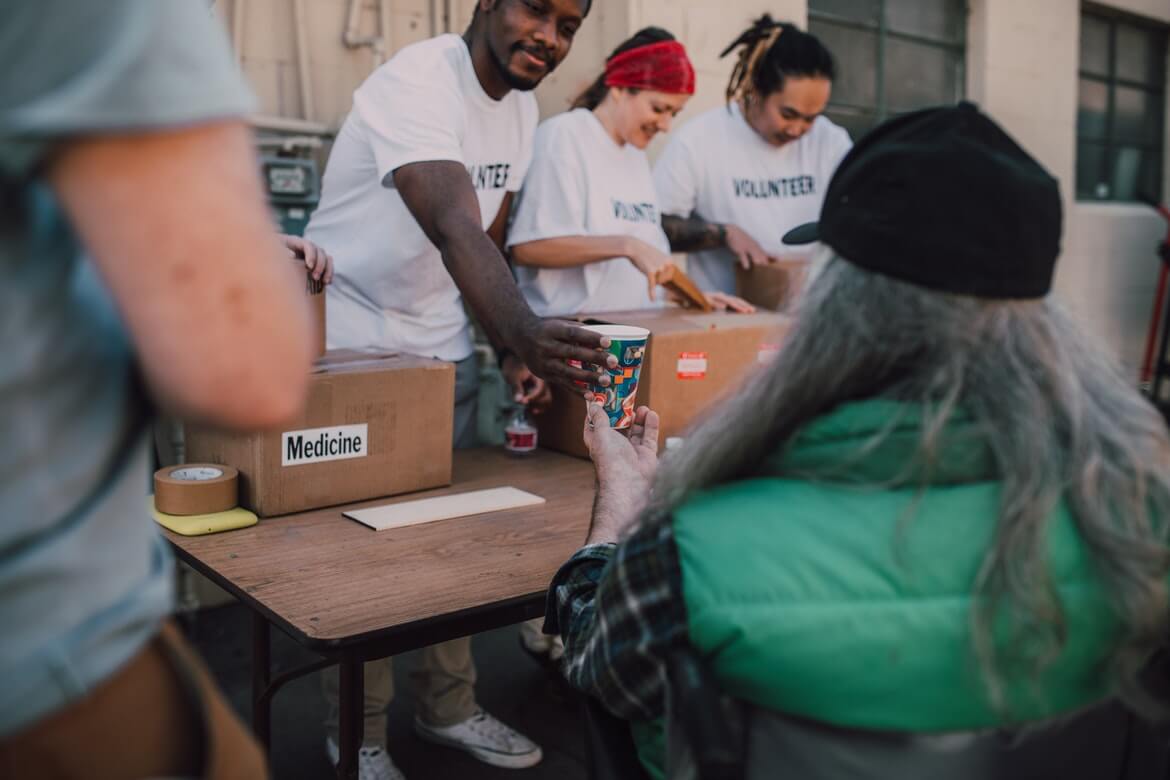Loneliness is a part of life and something that most of us experience at some point. But when loneliness is severe or lasts a long time, it can have a negative impact on our health and well-being.
Loneliness Awareness Week 2025 takes place from 9th – 15th June.
This year the theme is reducing stigma, and our creative theme will be Meeting Loneliness Together.
“Recent studies suggest that long-term loneliness is one of the largest health concerns we face. It is as harmful as obesity or smoking 15 cigarettes a day. Feeling lonely can lead to depression, anxiety, disrupted sleep and stress. It can also be a factor in heart disease, increased blood pressure and degenerative brain diseases such as Alzheimer’s.”-
Loneliness is likely to increase your risk of death by 26%.
Loneliness is worse for you than obesity.
Loneliness is a risk factor for depression in later life.
Loneliness and social isolation put individuals at greater risk of cognitive decline and dementia.
Loneliness and social isolation have been linked to a 30% increase in the risk of having a stroke or coronary artery disease.
“Loneliness feels like silence in a noisy world
like no one notices you’re missing.”
“It’s the ache of wanting meaningful connection but not knowing where to find it.”
“For me, it’s feeling misunderstood, even when I’m with people I care about.”
“It’s not about being alone, it’s about feeling emotionally or spiritually isolated”.
It was said that some young people have slang for communicating loneliness such as;
- “On one’s tod” or “By oneself”: These phrases are informal ways of saying “alone”.
- “In my own bubble”: This idiom suggests a state of being withdrawn or detached from others
50% of participants today thought that loneliness meant being unheard as against being disconnected.
In addition, another 50% thought that we can make it easier for others to open up about feeling lonely.
It was said that normalising the conversations about loneliness and stigma would go a long way to make it easy for people to talk about it.







